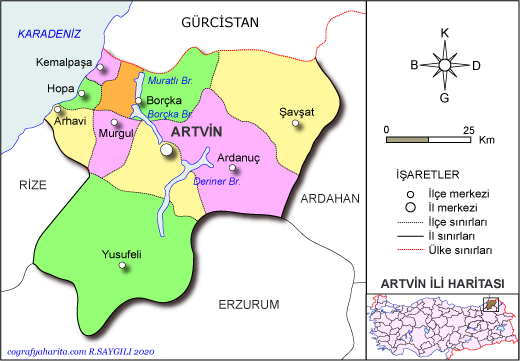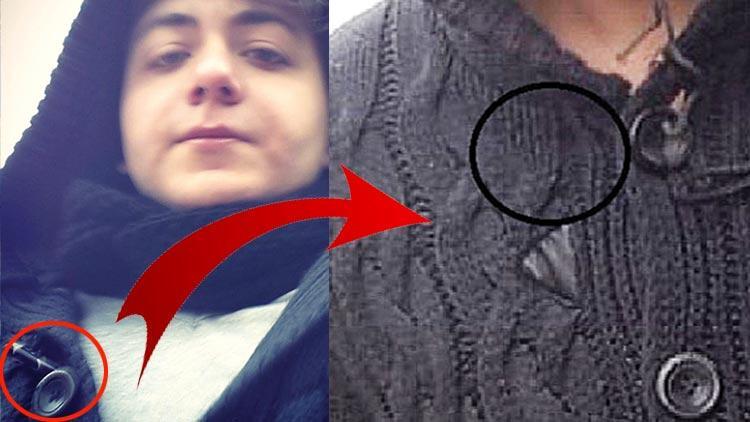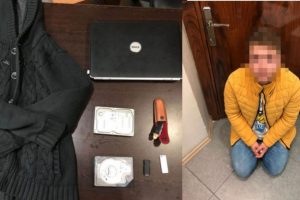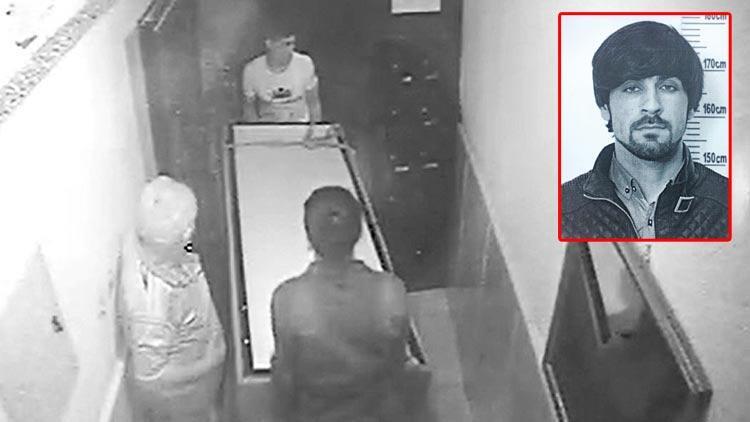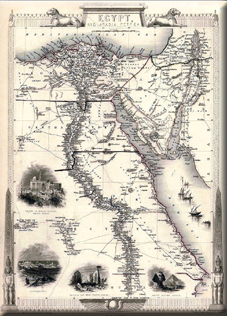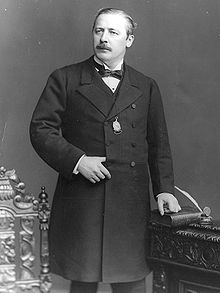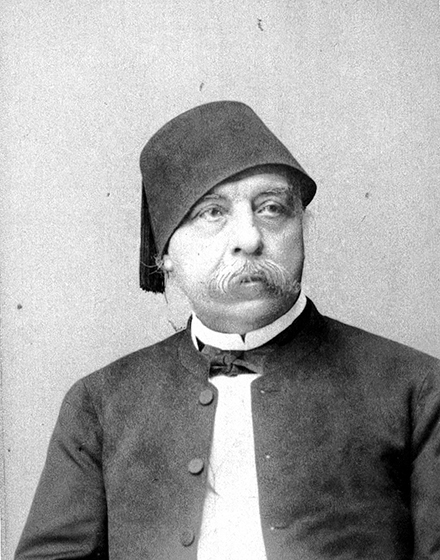//Ed. Note: TNT presents two dialogues between
Egyptian Khedive Tevfik Paşa and an Ottoman
Turk, who was a senior aide to Gazi Ahmed
Muhtar Paşa, the Ottoman emissary in Cairo
from 1882 to 1908. This first conversation
reflects the haughtiness and dominance of
Egypt's British occupiers and the Khedive's
and the Turk's fear of Egypt becoming a
second India.
Herewith the first dialogue from 1888, 6 years
after the beginning of British occupation,
which would last until 1956.//
 //As negotiations continued with our friend ((SirHenry))
Drummond Wolff, the English, who have taken control of
all the offices and departments in Egypt, announced a duty
of 9% on all items and goods coming from Memalik-i
Devlet-i Aliye (Ottoman Empire), with an eye towards
increasing Egypt’s revenue, via a decision taken by the
Egyptian Council of Ministers. In order to have this order
rescinded, since it was so egregiously against Turkey
and not really a decision made by Egypt, Muhtar Paşa
appealed forcefully to the Khedive and I had a couple
of conversations with the Khedive, in this context. The
conversations related to the state of the administration
and other, secret matters and they occurred on 13
Ramazan 1303 (1888). I prepared the conversations in
a report, which I gave to Muhtar Paşa and he sent the
report to Bab-ı Ali (Istanbul). I present the text of these
conversations below in order to, at the very least,
preserve them from loss.
//As negotiations continued with our friend ((SirHenry))
Drummond Wolff, the English, who have taken control of
all the offices and departments in Egypt, announced a duty
of 9% on all items and goods coming from Memalik-i
Devlet-i Aliye (Ottoman Empire), with an eye towards
increasing Egypt’s revenue, via a decision taken by the
Egyptian Council of Ministers. In order to have this order
rescinded, since it was so egregiously against Turkey
and not really a decision made by Egypt, Muhtar Paşa
appealed forcefully to the Khedive and I had a couple
of conversations with the Khedive, in this context. The
conversations related to the state of the administration
and other, secret matters and they occurred on 13
Ramazan 1303 (1888). I prepared the conversations in
a report, which I gave to Muhtar Paşa and he sent the
report to Bab-ı Ali (Istanbul). I present the text of these
conversations below in order to, at the very least,
preserve them from loss.
Herewith our conversation which occurred when I went
to see the Khedive at his invitation. Our conversation ,
with Khedive Tevfik Paşa.
Ramazan 1303//
Egyptian Khedive Tevfik Paşa
Khedive - I have inconvenienced you and I apologize.
Fakir ((your humble servant)) – Not at all, Sir.
K - The Italian Consul was just here before you. He
wanted to understand how the import regulations would
affect Italy and he also wanted to bid farewell to me
because he’s going back to Italy for a rest. He had gone
to a meeting at Baring’s ((British Consul Sir Evelyn
Baring, later Lord Comer)), which was attended by
Drummond Wolff ((Special British Emissary to the
Ottoman Court for Egyptian Affairs)), Nubar Paşa
((Egyptian Prime Minister)) and some others.
Baring spoke haughtily, to the effect that since Egypt is
under English military occupation he ((Baring)) must be
consulted on affairs of state and finance, and that, just
as there are no ministers in the Council of Ministers
opposed to the English, neither should England leave
Egypt. //one can see the position they have the Khedive
in. He was trying to say that they ((English)) were
apologizing for the announcement, while also explaining
how they threaten him.//
My, how this rascal has lost his senses! Nubar Paşa
wants to persuade them to rescind the announcement but
that’s not possible. The rascal is making waves; English
Commissar Wolff kept silent and even if he said anything,
it was submissive. From this, it is understood that the
troublemakers are Baring and the customs official
“Ashmit”, who was there also. He was the one who
was screaming and carrying on. I think it would be
worthwhile for you to explain the seriousness
of the situation to the Commissar Paşa ((Gazi Ahmed
Muhtar Paşa, Ottoman emissary to Egypt)).
Gazi Ahmed Muhtar Paşa
F – In my opinion, all their remarks are just noise. Only
Your Excellency can decide on things one way or the other.
They cannot interfere if you make a lawful decision. The
interference by them that you describe can be elevated by
Bab-ı Ali (Istanbul) and our embassy in London. And
Muhtar Paşa and I are ready to do all that we can on this
matter, as well. //We know that he doesn’t want to bring
this matter of English interference up with Istanbul but he,
nevertheless, felt the need to tell us about it.//
Sir Evelyn Baring, First Earl of Comer.
K – The rascal ((Baring)) is quite impolite and impudent.
A few months ago he came here about a matter and you’ll
appreciate what he said to me: ‘you are this palace’
//referring to Abidin Barracks, which is adjacent to the
Khedive’s palace, and where there were English soldiers.//
He said that ‘thanks to this palace, you are in the office
of power so you ought to recognize this and behave
accordingly.’ //Amazing! What the Khedive is saying is
that he’s being told that he is in power at the behest of the
English and cannot oppose their actions and ideas!//
In response, I said quite loudly ‘excuse me Monsieur,
but that is not the case. You are not respecting civil
discourse.’ He then became silent. //this response to
the rascal’s remarks and threats was very appropriate.//
I won’t listen to such noise. In fact, he said such
things //that the Khedive is pusillanimous// in London
and in Parliament. I don’t give them any importance.
I won’t lose my zeal as I work. //I don’t know what
work he’s referring to. I have no idea what work he
does!//
Sir Henry Drummond Wolff
F – It is very important for Your Excellency to cut off
their interference and modify Baring’s impudence. If
you do not challenge their antics and noise, and if you
are polite and well-behaved, they see this as weakness
and it increases their boldness. The behavior of all the
foreigners in our country ((Turkey) ) is always like this!
K – Has Nubar Paşa come? //see how he changed the
subject!//
F – No, he hasn’t come. He’s dragging his feet. I don’t
know what his aim is!
K – He says that he’s caught between a rock and a hard
place. He can’t persuade the rascals ((English)) so that’s
why he’s uncomfortable and doesn’t come. Please tell
Muhtar Paşa and have him be understanding toward him
((Nubar Paşa)) when he comes.
F- Of course Your Excellency. I will relay your command.
You will see that Muhtar Paşa will handle the situation
as necessary.
K – These English are very strange and unseemly fellows.
But Nubar Paşa must share some of the blame! Every
morning and evening he’s with either Baring or Wolff.
I don’t know what they are talking to each other about.
But I know about everything that goes on in the country.
He ((Nubar Paşa)) thinks I don’t know what he’s doing
and where he goes. Sometimes when he comes here I
ask him where he has been. He tells me that he’s either
coming from home or his office, but I know he has just
left the English to come to me. This is the situation.
What can I do?
British 42nd Highlanders in front of Sphinx of Giza,
1882.
F – Certainly, there is wisdom in the approach that Your
Excellency is taking. //at this point, his mood lightened
and he laughed// Shall we leave it to the Angel of Death
to deal with these troublemakers? I said this to Muhtar
Paşa in the morning! I said that Your Excellency is
handling all matters and strengthening your power. The
situation is important – it is a vital question for Egypt.
The smallest detail could change matters. Your
Excellency’s difficulties are evident, may God help you.
There is no doubt that those who hinder you will be
remembered in the history of Islam with curses. That is
why Muhtar Paşa always advises us that you are sincere
about Egypt’s happiness and that you are working to
preserve success and influence!
Egyptian Prime Minister Nubar Paşa
K – Yes, I know, those contemptible rascals will be
cursed in our memories. How could I countenance such
a thing! You know very well how my father ((İsmail
Paşa)) was kept idly distracted and what that led to. Can
Egypt live on its own? Certainly, if it is in such a
condition it will become a failed state. When the English
first came here they made some recommendations to me,
saying that I could live comfortably on 200,000 lira while
they would put down the insurrections. Should I let them
do everything in my name and just watch from afar?
What does that mean? //Isn’t that the case now anyway?
Isn’t what the English say now the same? But the poor
fellow doesn’t think that way. There’s no limit to his
imagining,s but let him keep on seeing things as he wants
to.//
They want this place to be another India and make
me an Indian raja. I won’t accept such a thing and reject it
out of hand. Rather than see such a thing, I’ll leave here
and go live in Anatolia on a thousand liras. May God!
Never let me see such a day. Could I accept such a
thing? //the poor fellow is fooling himself.//
F - May Egypt last long and I kiss your hand. The
frightening and thought-provoking aspect of this is that
these rascals want to make this place a second India. Your
Excellency is certainly aware of this. We are not afraid of
this, though, because the eyes of the Islamic world are on
Egypt and this will ensure success. How could any
Moslem with a conscious accept such a dagger being thrust
into the heart of the world of Islam? This is impossible.
God willing, with the fruits of your great efforts the result
will be favorable.
//The conversation ended here with some small talk and we
both got up.//
Anglo-Egyptian Sudan
